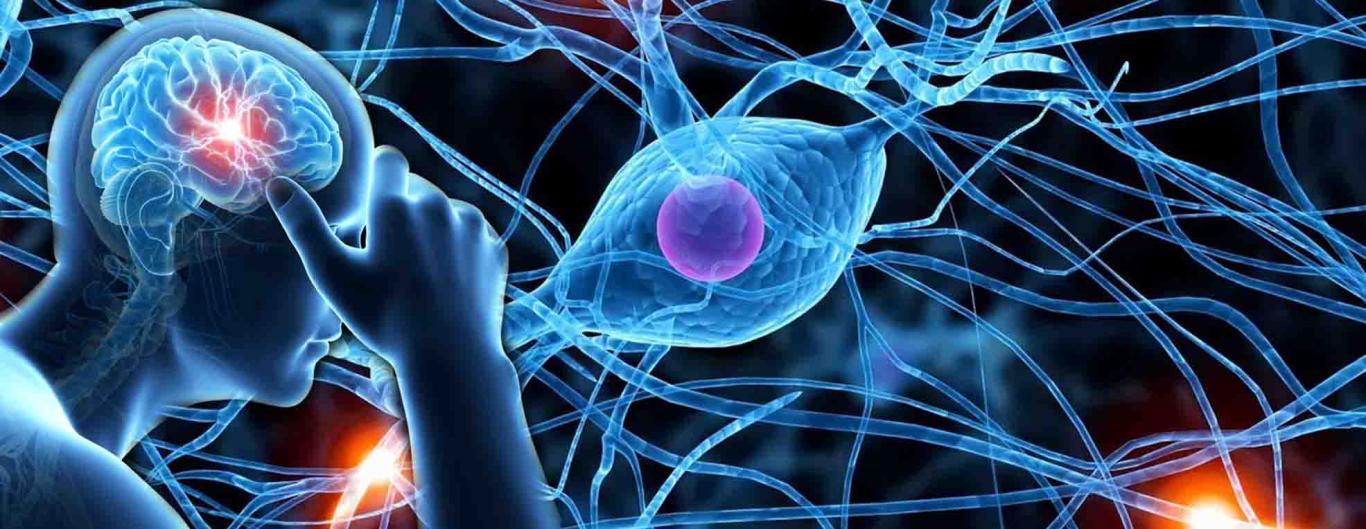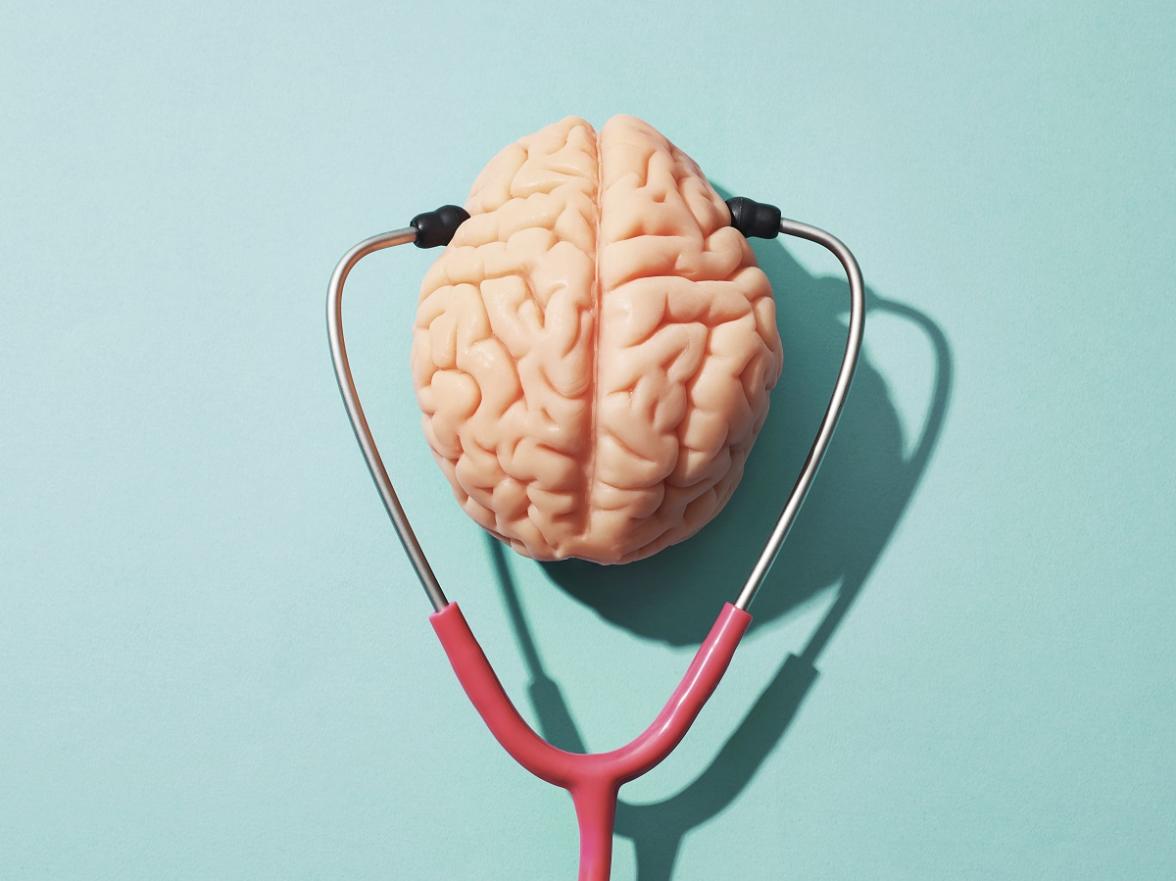What Is the Relationship Between the Brain and the Mind?
The relationship between the brain and the mind is one of the most complex and mysterious aspects of human existence. For centuries, philosophers, scientists, and theologians have debated the nature of this connection, seeking to understand how our physical brains give rise to our conscious experiences, thoughts, and emotions.

Historical Perspectives
Ancient philosophers such as Plato and Aristotle proposed various theories about the relationship between the brain and the mind. Plato believed that the mind was separate from the body and that the brain was merely a tool for the mind to interact with the physical world. Aristotle, on the other hand, argued that the mind and the brain were inseparable and that mental processes were simply functions of the brain.
In the 17th century, the French philosopher René Descartes proposed the idea of dualism, which held that the mind and the body were two distinct substances. This view dominated Western thought for centuries, but it was eventually challenged by scientists who began to uncover the intricate connections between the brain and mental processes.
Brain Structure And Function
The human brain is an incredibly complex organ, composed of billions of neurons that communicate with each other through electrical and chemical signals. The brain is divided into two hemispheres, each of which is responsible for different functions. The left hemisphere is primarily responsible for language, logic, and analytical thinking, while the right hemisphere is more involved in visual-spatial processing, creativity, and emotions.

The brain is also divided into four main lobes: the frontal lobe, the parietal lobe, the temporal lobe, and the occipital lobe. Each lobe has its own specific functions, such as controlling movement, processing sensory information, and storing memories.
Mind-Brain Connection
The exact nature of the relationship between the brain and the mind is still a matter of debate, but scientists have made significant progress in understanding how brain activity gives rise to subjective experiences. One key concept in this area is the neural correlates of consciousness (NCC), which refers to the specific patterns of brain activity that are associated with conscious awareness.

By studying the NCC, scientists have been able to identify brain regions that are involved in different aspects of consciousness, such as attention, perception, and decision-making. However, the exact mechanisms by which these brain regions generate conscious experiences are still not fully understood.
Mental Processes And Brain Activity
Research has shown that specific mental processes are associated with distinct patterns of brain activity. For example, studies have found that when people engage in tasks that require attention, certain areas of the brain, such as the prefrontal cortex, show increased activity. Similarly, when people experience emotions, such as fear or joy, specific brain regions, such as the amygdala and the hippocampus, are activated.
The brain's ability to adapt and change in response to new experiences is known as brain plasticity. This plasticity allows the brain to learn new skills, form new memories, and recover from injuries. It also plays a role in mental disorders, such as depression and schizophrenia, which are thought to be caused by abnormal brain plasticity.
Disorders And Brain-Mind Connection
Brain disorders can provide valuable insights into the relationship between the brain and the mind. For example, studies of patients with Alzheimer's disease have shown that the degeneration of certain brain regions, such as the hippocampus, is associated with memory loss and cognitive decline. Similarly, studies of patients with schizophrenia have found that abnormalities in brain structure and function are associated with symptoms such as hallucinations and delusions.
These findings suggest that mental disorders are not simply psychological problems, but rather are caused by physical changes in the brain. This understanding has led to the development of new treatments for mental disorders that target the underlying brain abnormalities.
Consciousness And The Brain
One of the most fascinating aspects of the brain-mind relationship is the nature of consciousness. Consciousness is the ability to be aware of one's own thoughts, feelings, and experiences. It is what makes us feel like we are alive and that we have a sense of self.
Scientists are still trying to understand how consciousness arises from brain activity. Some theories suggest that consciousness is a product of the interactions between different brain regions, while others propose that it is a fundamental property of the universe that emerges under certain conditions.
The relationship between the brain and the mind is one of the most complex and challenging questions in science. While scientists have made significant progress in understanding this relationship, many mysteries remain. Ongoing research in fields such as neuroscience, psychology, and philosophy is helping to shed light on this fascinating topic, and it is likely that we will continue to learn more about the brain-mind connection in the years to come.
YesNo

Leave a Reply